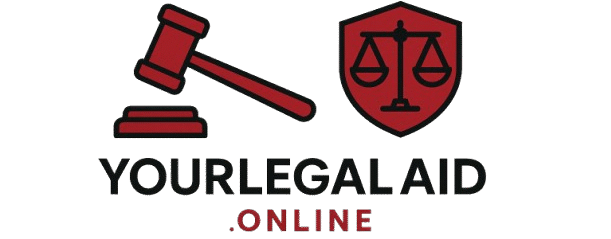Citation:
AIR 1985 SC 945 | (1985) 2 SCC 556
Bench Strength:
5 Judges (Constitution Bench)
Date of Judgment:
April 23, 1985
🧭 Background and Context
This case became one of the most socially and politically significant judgments in Indian history, addressing the rights of Muslim women under personal law and their entitlement to maintenance after divorce.
Shah Bano Begum, a 62-year-old Muslim woman, was divorced by her husband, Mohd. Ahmed Khan, a well-known advocate, after 40 years of marriage. After the divorce (via triple talaq), he refused to pay her regular maintenance, arguing that under Islamic law, his obligation ended after the iddat period (approximately 3 months post-divorce), during which he had already paid a lump sum.
Shah Bano approached the judicial system under Section 125 of the Criminal Procedure Code (CrPC), which provides maintenance to wives unable to maintain themselves, regardless of religion.
⚖️ Key Legal Issues
- Does Section 125 CrPC apply to Muslim women?
- Can a Muslim husband be compelled to provide maintenance beyond the iddat period?
- Can religious personal law override secular law meant for social justice?
🧑⚖️ Arguments from Both Sides
Petitioner (Shah Bano):
- Argued that she had no independent source of income and deserved maintenance under Section 125 CrPC, which applies to “wife,” irrespective of religion.
- Emphasized the constitutional principle of equality and dignity for women.
Respondent (Mohd. Ahmed Khan):
- Argued that under Islamic law, he was only obligated to provide maintenance during the iddat period, after which the wife becomes the responsibility of her own family or Waqf.
- Claimed that enforcing CrPC Section 125 beyond iddat interfered with his religious freedom under Article 25.
🧾 The Verdict
The Supreme Court ruled in favor of Shah Bano, holding that:
- Section 125 CrPC applies to all women, irrespective of religion.
- A Muslim husband is liable to pay maintenance beyond the iddat period if the wife is unable to sustain herself.
- Personal laws cannot override general and secular law where matters of social justice, like maintenance, are concerned.
Justice Y.V. Chandrachud, in his judgment, made key observations:
- “There is no conflict between the provisions of Section 125 and those of the Muslim Personal Law.”
- Denying maintenance would violate constitutional values of equality, dignity, and secularism.
📜 Impact and Fallout
✅ Positive Outcomes:
- Empowered Muslim women to seek legal protection under secular law.
- Established that constitutional values take precedence over religious customs where fundamental rights are involved.
⚠️ Backlash:
- The judgment triggered a massive political and religious uproar, especially among conservative Muslim clerics, who saw it as judicial interference in religious affairs.
- In response, the Rajiv Gandhi government passed the Muslim Women (Protection of Rights on Divorce) Act, 1986, which diluted the Supreme Court’s ruling and restricted maintenance to the iddat period, unless agreed otherwise.
🧠 Trivia and Facts
- The Shah Bano case became a national debate on secularism vs. minority rights, women’s rights, and the scope of personal law.
- Shah Bano, despite winning the case, withdrew her claim under social and political pressure.
- The 1986 law was widely criticized by women’s rights groups as a betrayal of secular and gender-just principles.
🧱 Significance in Indian Jurisprudence
- One of the first major judicial attempts to reform personal laws in line with constitutional morality.
- Reinforced the notion that secular legislation like CrPC applies uniformly, challenging the rigidity of personal laws.
- Opened the door for future debates and reforms on Uniform Civil Code (Article 44 of the Constitution).
🧭 Conclusion
Mohd. Ahmed Khan v. Shah Bano Begum is a landmark not just for its legal reasoning, but for the national conversation it sparked on religion, law, gender justice, and secularism. The judgment powerfully asserted that no personal law can override the fundamental rights of individuals, especially the right to dignity and equality for women in India.
